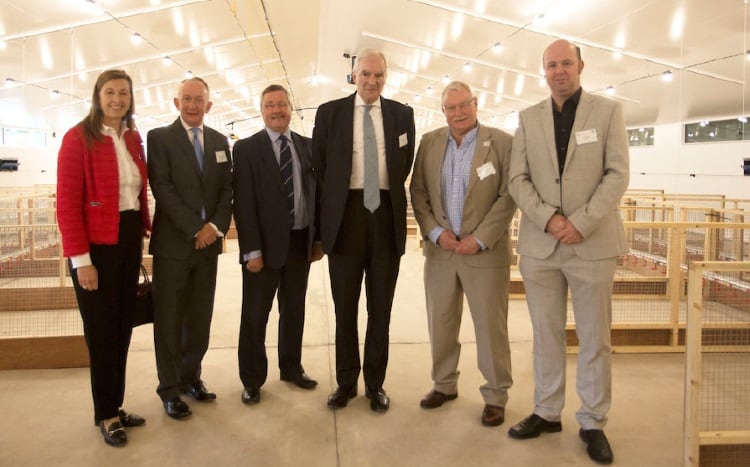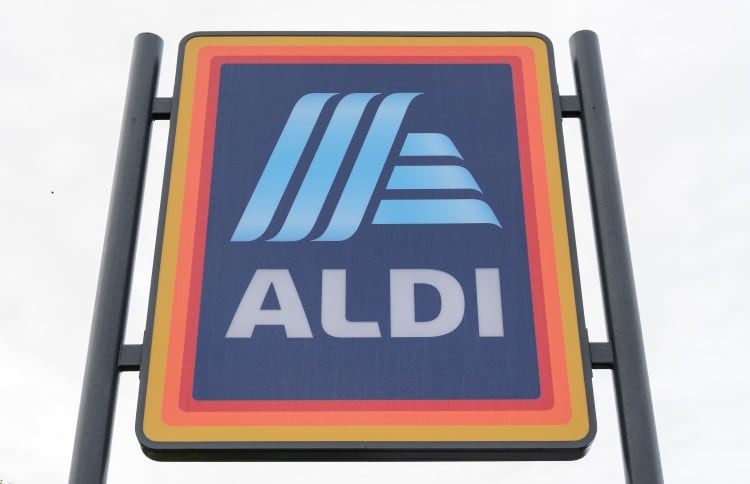In response to falling livestock numbers, the beef industry has developed a new strategy for the sector. The strategy comes alongside a plea for Government action to be taken immediately, rather than waiting for post-Brexit pilot trials to be run in 2022 or 2023.
“The latest figures show calf registrations down by another 2% and, if we wait until Brexit and transition is finished, we’ll have lost another 15% of our national livestock output,” said Andy McGowan, president of the Scottish Association of Meat Wholesalers (SAMW). “Building up the Highland each year is always a reminder of the quality of our livestock and the tremendous stockmanship skills available across Scotland. Unfortunately, what we command in quality, we sadly lack in quantity, and we can’t go on merely celebrating the dying embers of our industry as each year passes.”
SAMW’s strategy included the following demands: an uplift in funding for beef calf producers; a revamp of the upland sheep support scheme; an extension of producer organisations to all livestock sectors; and simplification of the Beef Efficiency Scheme.
“We know the Scottish Government has set out its ambitions for the future of the rural economy in its Stability and Simplicity document, a plan that includes many sound proposals and objectives,” said McGowan. “At the same time, however, the document lacks the urgency which our declining livestock numbers demand, if we’re to turn this industry around before it’s too late.
“A Government strategy of keeping things broadly the same until Brexit is settled and then running pilot schemes in 2022/23 to see what might work in the longer term is no good to us. We need these pilots to start now and for the demands of our four-point strategy to be addressed immediately.”
Beef prices hit three-year low
This plea comes as the National Farmers’ Union (NFU) Scotland reported that beef prices had fallen to a three-year low.
It said: “Brexit-fuelled uncertainty, an over-supplied market and a €100m bail-out deal for Irish beef farmers have all contributed to a significant collapse in the market price for beef, undermining on-farm profitability”.
Livestock committee chairman Jimmy Ireland, a beef and sheep farmer from Ayrshire, said: “When some supermarket burgers are retailing for more than 660p/kg and Scotch sirloins are going for more than 2,200p/kg, somebody is clearly making a living from the Scottish beef sector, but it’s not those producing beef on Scotland’s farms and crofts.
“Those who finish beef cattle on-farm need to have the confidence that they will make a fair return from the market if the whole beef supply chain is to work. Their confidence is reflected in the price they then pay for their store calves and this just isn’t happening now.”
NFU Scotland added that the Irish receiving Brexit-related support was demoralising for Scottish producers.
“To add insult to injury, the Irish have received ‘emergency support’ of up to €100m from the European Commission and the Irish Government, with Brexit uncertainty being cited as the reason.
“The Irish may be facing Brexit uncertainty, but that doesn’t come close to describing the current political situation here in Scotland and the lack of market confidence it inspires. In March, we thought we would be out of Europe, then in April we thought the same, and now we are told that it could be October, and there could be a deal, or maybe not.
“Senior politicians in London and in Edinburgh must recognise the seriousness of the issue facing the Scottish beef sector as it has been damaged by political uncertainty and a crisis that is not of farmers’ making.”




